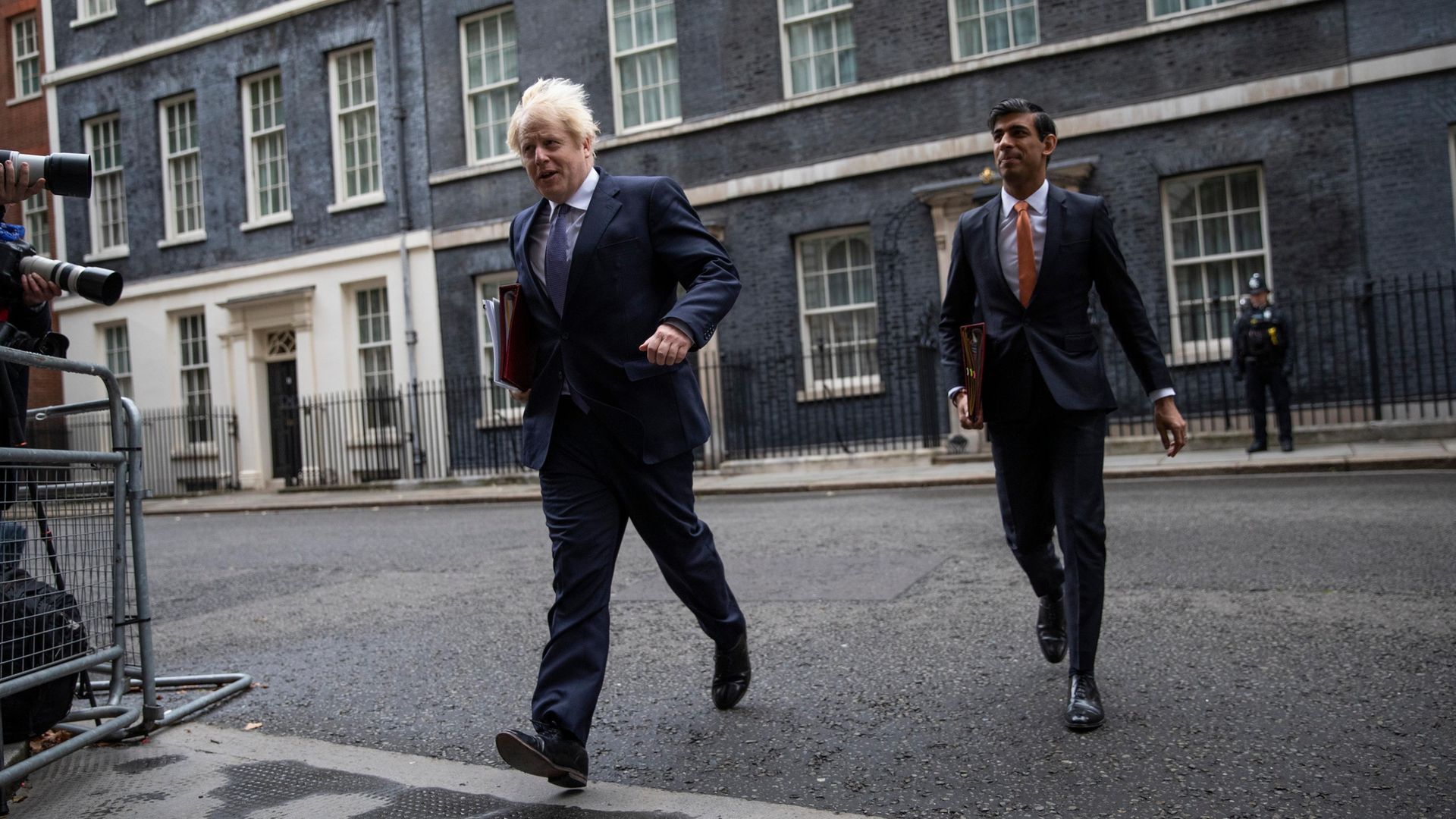Listen, we all know now. We’re all aware of the fact that “Blue Monday” is a con, that it was invented by the travel industry to sell us more holidays in January, yadda yadda. There is no such thing as “the most depressing day of the year”.
Still, Faux Monday came last week and a number of people, on social media and elsewhere, did say: yes, I know it’s all bullshit, but I do actually feel really quite blue. I personally felt quite blue, on that day. Were those advertising execs onto something?
Probably not. The third Monday of January isn’t the problem. Living in Britain in general is. That is – I paraphrase only slightly – the conclusion Mental Health UK reached in its latest study, The Burnout Report. It is the first of its kind, and features research conducted by YouGov, who spoke to 2,060 adults last month. The findings are bleak.
According to them, 91% of people reported “facing high or extreme levels of pressure or stress over the past year”. Of those, 29% said they faced those pressures frequently. Just under a quarter of adults – 24% – said they felt “unable to manage stress and pressure levels in their lives”, and 20% had to “take time off work in the past year due to poor mental health caused by pressure or stress”.
Strikingly, younger workers were the ones most likely to feel poorly. Though only 15% of respondents aged 55 and over reported having taken time off work in 2023 due to “poor mental health caused by stress”, the figure raised to 34% for 18-24 year olds.
It does seem like a rather dire state of affairs. A third of Gen Z workers having taken time off sick due to burn-out is a sign that something fundamentally isn’t working anymore in Britain. Full-time work rarely is a cake walk, but it should be manageable to the crushing majority of people. What exactly needs fixing? Mental Health UK asked, and there were few surprises in the answers.
“The majority of working adults agreed that ‘poor sleep’ (64%), ‘financial uncertainty due to the cost-of-living crisis’ (53%), ‘money worries in general’ (53%), ‘poor physical health’ (46%) and ‘feeling isolated’ (43%),” contributed to their stress problems, they found.
Again, at risk of stating the obvious, most of the working population shouldn’t be worrying about money this much, and it is heart-wrenching to see that just under half of people are feeling so isolated that it is impacting their mental health.
It is also worth wondering if we should be addressing the elephant in the room. The first COVID-19 lockdown began four years ago. The pandemic was an earth-shattering event, which prevented millions from seeing their friends and loved ones for months on end. People were worried about the disease and they were lonely, and for a long time it looked like there was no light at the end of the tunnel. As I’ve written for this newspaper before, shouldn’t we be talking about it more? Acknowledging the harms it caused us?
Elsewhere, the next government must make it a priority to fix the NHS’ mental healthcare provisions. Waiting lists are currently endless, and GPs are often unable or unwilling to truly help patients with mental health concerns.
More broadly, Keir Starmer will have to focus on Britons’ quality of life if he wants the country to start healing. In his conference speech, he spoke of going to the seaside with his wife and eating fish and chips on the beach, and thinking of the privilege it was.
“Days out, meals out, holidays are the first things people cut back on. Picking up a treat in the supermarket just to put it back on the shelf”, he said.
“We have to be a government that takes care of the big questions so working people have the freedom to enjoy what they love. More time, more energy, more possibility, more life. It could be football. Could be fishing. Or just quiet time with your family. But we all need that, conference. We all need the ability to look forward – to move forward – free from anxiety.”
They were encouraging words, and this new report shows that he did hit the nail on the head. Let’s just hope he ends up walking the walk once he gets into No10. We can’t go on as Blue Britain for much longer.












